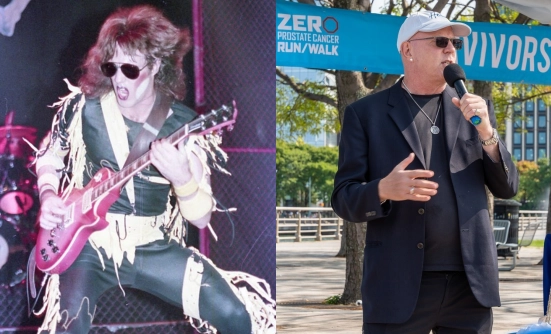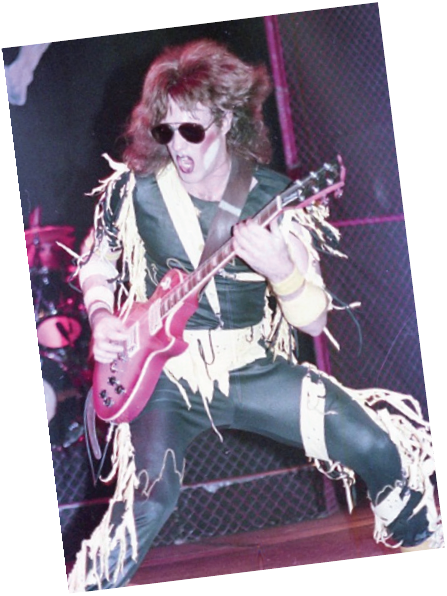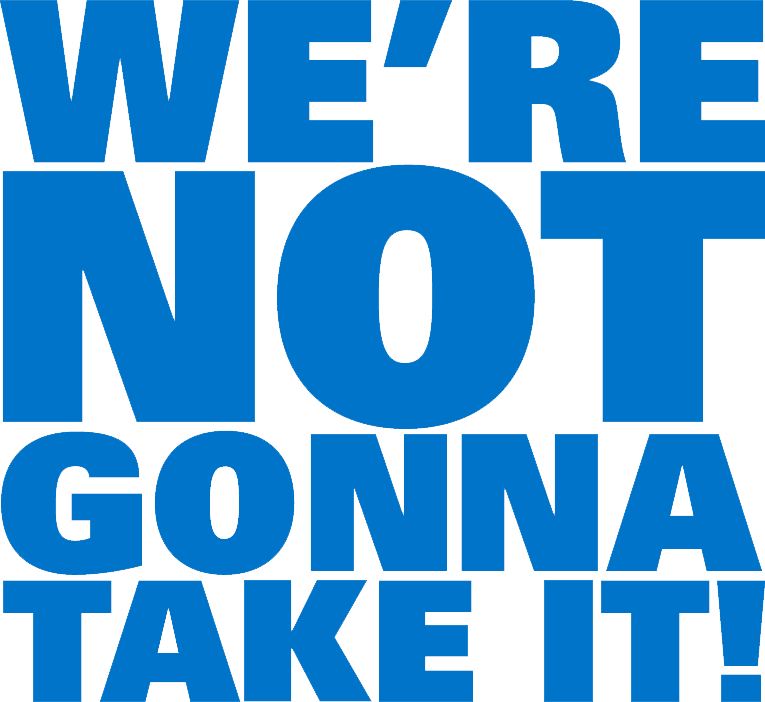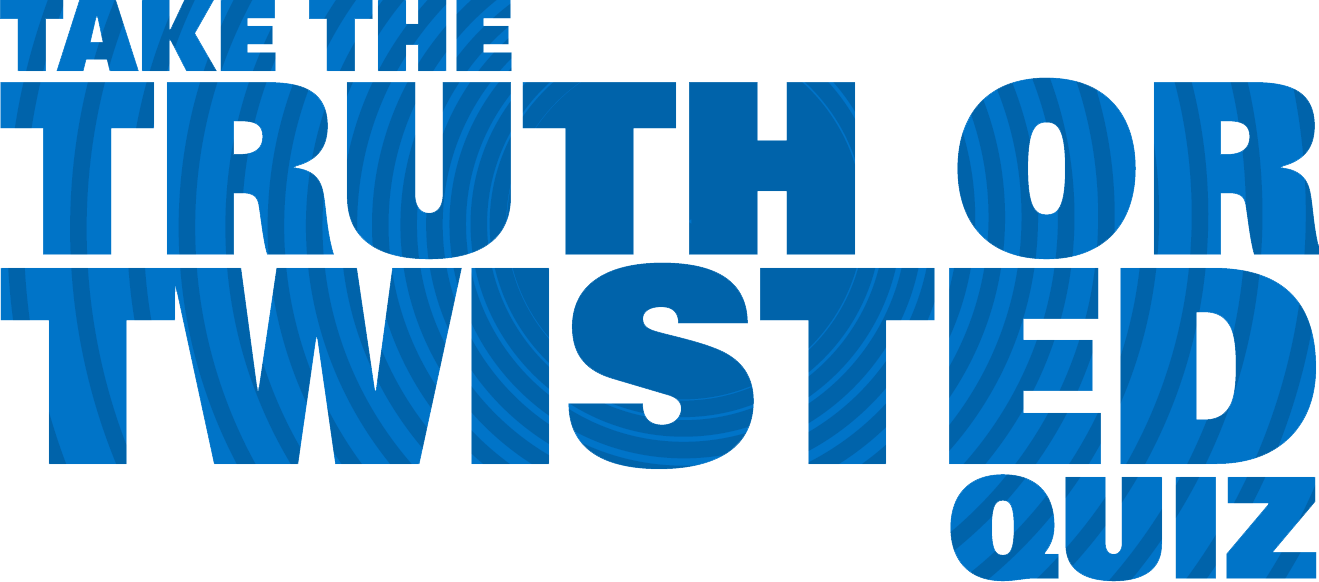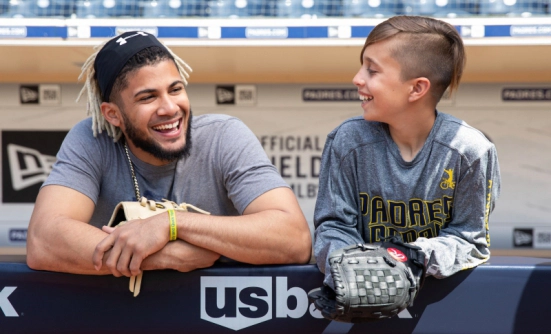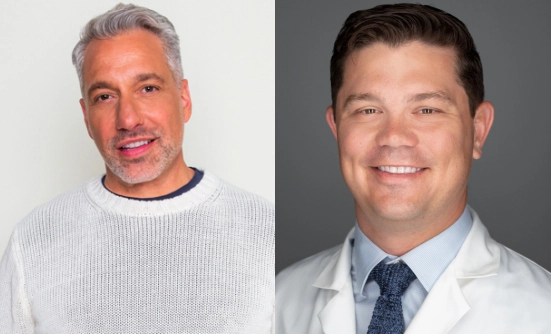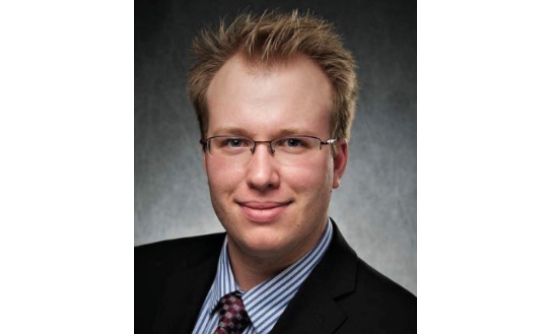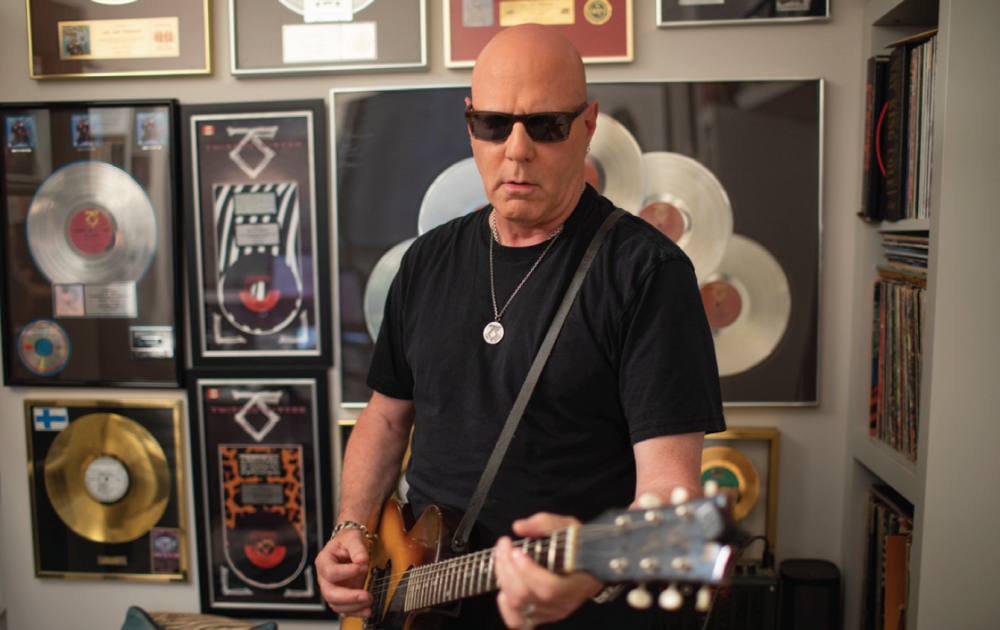
Remember Twisted Sister? Just the name conjures up images of men with wild, flowing hair in full glam makeup and ripped spandex, chanting, “We’re Not Gonna Take It!” It became the mantra of a generation. Ah, the '80s were a great decade.
Fast forward to today, and you’ll find that Twisted’s lead guitarist Jay Jay French has taken that mantra in a whole new direction. He traded in the guitar for a microphone to host a podcast about prostate cancer; a podcast that shares the name of that wildly popular song from the '80s.
An unconventional entrepreneur at heart, Jay Jay dropped out of high school, got involved in the drug scene of 1970s New York before getting clean. For over a decade, he played almost daily gigs with Twisted and worked on landing a record deal before attaining the fame he’s known for today. He’s played over 9000 shows in his rock and roll career; sometimes to crowds of over 100,000. After his days in Twisted, he became an author, writing a regular column for Inc. magazine and publishing a book titled Twisted Business: Lessons From My Life in Rock ’n’ Roll.
And then came the diagnosis.
He saw it coming years ahead of time—prostate cancer runs in his family. But in true Jay Jay fashion, he made the decision to face his risk head on, become hypervigilant about screening, and learn as much as possible about all aspects of the disease.
He’s 5 years out from that diagnosis, and he has learned a lot. He’s partnered with the advocacy group ZERO Prostate Cancer to further his message to men. His message is simple: Get screened.
Jay Jay is a straight-talking, hard-hitting, authentic rock and roller—and he has a strong message for men and the people who love them.

Keep reading, but be advised, Jay Jay French pulls no punches when talking about prostate cancer.
Jay Jay, you are well known for your persistence and determination. In fact, I’d say you are an unstoppable force in any endeavor you take on. How did this quality help you when dealing with a cancer diagnosis?
My whole life, I’ve been a survivor. For over a decade, Twisted Sister tried to get a record deal, and we had to endure failure after failure. Rejection after rejection. But our persistence eventually paid off, and we found our way.
Even before my days in Twisted, I was a survivor. I dropped out of high school and got involved in drugs, but I had an amazing sense of self-preservation. Let me just tell you, I did some crazy sh*t, but I had a ball doing it. I survived 250 acid trips and was almost murdered 3 times. Eventually, I realized the lifestyle would come crashing down on me and I would end up arrested, murdered, or OD'ing. So, in 1972, I made a choice and just stopped. Cold turkey.
The point is, I am a survivor. And that’s the attitude I brought into my ordeal with prostate cancer.
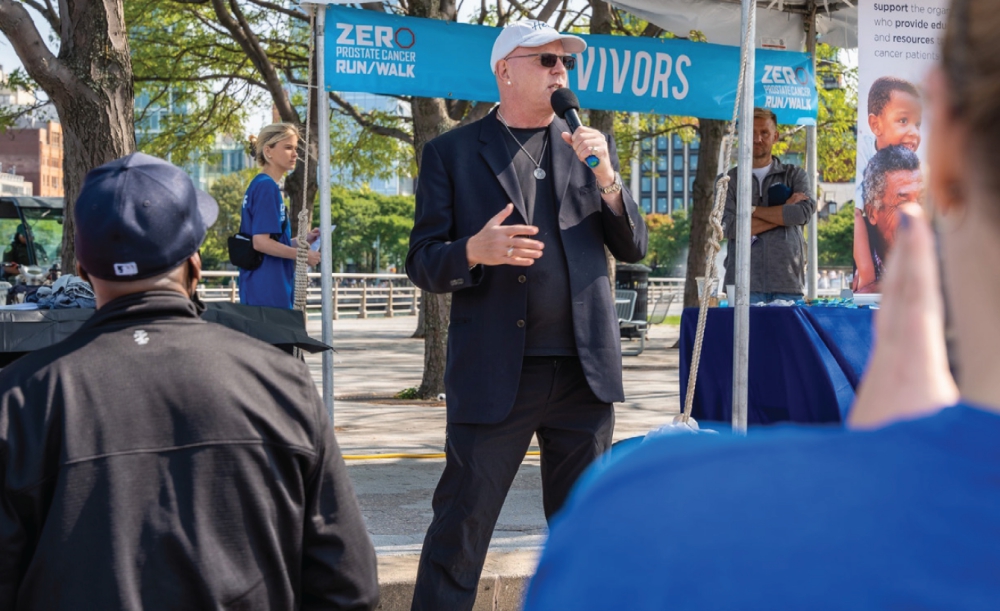
You have a family history of prostate cancer. How did that impact your life?
Yes, both my father and my brother had prostate cancer. My brother is 10 years older than me—he’s my canary in a coalmine—everything that happens to me happens to him first. He was diagnosed at 66.
After his diagnosis, I thought to myself, all the tofu in the world is not going to change this. It’s going to happen. It’s just genetics, so I’m going to learn everything I can about it.
I had a choice, I could either put my head in the sand and pay no attention or I could become vigilant. I decided to become hypervigilant.
Hypervigilant is a way of saying you became proactive in screening for prostate cancer.
Yes, my doctor started watching my PSA when I was 56 years old. At that time, my PSA reading was 4.3, and as you may know, anything higher than 4 is a concern. My urologist recommended a biopsy. In fact, every time the number went up, my urologist wanted a biopsy.
I have to tell you, I hate those biopsies. So, I asked my urologist if he was confident that the PSA readings are right. He said that there are some things that can affect a PSA reading. If the blood isn’t refrigerated within 2 hours of the draw, the PSA reading can vary by 20%. Or if you have sex within 24 hours of the draw, your reading can also vary by 20%. Really? Do people know this? Men need to know this.
The next time I went in for a PSA test, I didn’t have sex for, like, 4 days. And I went to a lab where I knew they were going to chill the blood immediately. And you know what, my numbers came down by 30%. I was able to prevent another biopsy over a false reading.
What about other screening techniques?
Well, I ended up switching urologists, and my new doc suggested an MRI to get a baseline with pictures. Then, if my PSA rises, we can order another MRI to compare to the baseline. Much better than a biopsy.
He said the PSA can rise for many reasons, not just because of prostate cancer. I also learned that if your PSA goes up, but the MRI picture doesn’t change, you’re okay.
For 10 years, you were hypervigilant with screenings. Then the day came when you received a diagnosis.
Well, my brother was 66 when he was diagnosed, and just like clockwork, so was I. My PSA reached 11.1. An MRI and a biopsy confirmed it. The biopsy came up with a Gleason score of 9. A Gleason 9! How could I be Gleason 9 when last time I wasn’t Gleason anything? How does that happen? Well, it can happen.
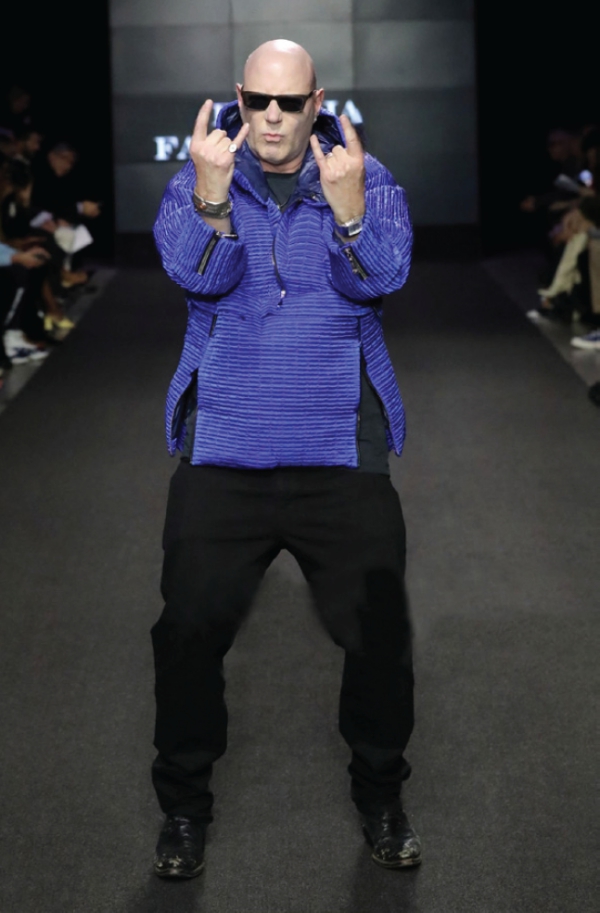
Were you immediately public with the diagnosis?
No, I didn’t talk about it for a while. I even told my wife not to tell any of our friends. Frankly, I think men don’t want to talk about it because they relate this subject to their sexual prowess. But I noticed that women talk to other women about cancer; there’s that fellowship among women. So, I thought, you know what? I’m going to talk to anybody who wants to hear it. My story might matter to one guy out there. And it’s worked, I’ve gotten emails that say, “Thank you so much, man. I got checked.”
Men have to make a choice with their doctor about their course of treatment; usually radiation or surgery. How did you choose?
Yeah, you have a choice. My doctor advised surgery, but he said the survival rates are about the same with radiation. So, I met with the oncology radiation department and learned if you have radiation first, and the cancer comes back, it could make treatment later more difficult. If you have the prostate surgically removed, you always have the option of radiation at a later date.
But some doctors don’t like to operate on older men. It’s a bear of an operation, and a bear of a recovery. The fact is, radiation is easier; 39 sessions and you’re done.
There are other treatment choices too, like CyberKnife or ablation. CyberKnife wasn’t an option for me—you have to have a PSA of 6 or lower. And, personally, I didn’t like the long-term results of ablation. To me, it felt too risky.
Let’s talk about the possible side effects of treatment.
Yes, there’s the one everyone thinks about: the sex component. For some men, that can be a nightmare.
I have to tell you, I was completely honest with my urologist. I told him that I enjoy sex a lot and asked, “What if I just said, f--- it, I don’t care. I want to have as much sex as possible and then just die of prostate cancer. Why can’t I just do that?”
He told me I’d probably have a good time for about 3 years, but then I’d be gone, and it wouldn’t be pleasant. But I just had to ask the question. And he gave me the answer that I expected.
It’s a good question! And it sounds like he gave you a realistic answer. So, back to the side effects…
Yeah, let’s be frank. The issues involving sexual dysfunction postradiation or postprostatectomy are myriad, and I deal with ’em all. I’m 5 years out, and I still deal with it.
There are guys who will tell you they had radiation and things work fine. And there are other people who tell you they had radiation and they’re still affected sexually. There are people who have had prostatectomy and the sex part came back, and other people say it never came back. There are some men who have a prostatectomy and make a full recovery with no sexual side effects within 6 months of surgery. It’s different for every man.
Oh, also, they don’t tell you that with a prostatectomy your penis will more than likely be an inch shorter. They don’t tell you, but I want men to know these things so they have all the information.
Can you talk about the emotional and physical components to the sexual side effects of prostate cancer treatment, specifically around erectile dysfunction (ED)?
The sexual side effects can destroy the spontaneity of the event. When you don’t have to rely on backup hardware, sex can happen naturally on your time frame. But if you need to prep, take a shot, a pill, or something else, you might need an hour beforehand. It becomes sex by appointment, which can be unromantic and hard for some men and their partners to accept.
Physically, there are lots of things you can do to gain an erection after prostate cancer. There are drugs, pumps, shots, implants; I’ve looked at all of them. But emotionally, it can be a different story. There are implants that work instantly just by pushing a button, but it’s totally mechanical and not connected to a testosterone hit in your body.
You just have to ask yourself what it is you want—and what it is your partner wants?
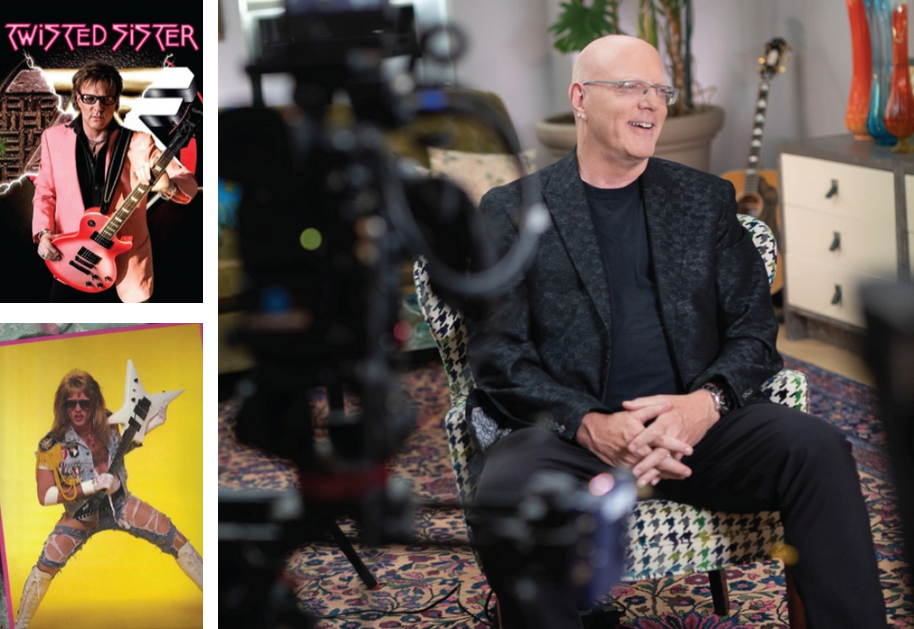
Do you find that doctors review these options with men facing prostate cancer?
Well, not all doctors. Some hospitals have an ED department, so some men might get a referral to talk to a doctor about post-op sex.
Are there other, nonsexual side effects men should know about?
OK, so, as men get older, they pee more often because the prostate enlarges. But if you remove the prostate, you’re peeing like an 18-year-old again. If you choose radiation, the prostate is still there, so you’re peeing just as often as you were before.
Something else men should know is that in a radical prostatectomy, 1 of the 2 sphincters in the penis is removed. Once removed, your control decreases and urine leakage increases. No one talks about these things, right? But I’ll tell you, if you have your prostate removed, you’re going to lose a sphincter, and more than likely there’ll be leakage. To combat leakage, you’ve got to do Kegel exercises.
You’ve partnered with ZERO Prostate Cancer to host a podcast appropriately named “We’re Not Gonna Take It.” What are the goals of that program?
We want men to get checked for prostate cancer. We encourage them to get a simple blood test to check their PSA.
I love doing the podcast, and as cliché as it sounds, I hope it helps even 1 person out there. In each episode, I talk with another musician dealing with prostate cancer, like Rob Halford from Judas Priest, William King from the Commodores, and Dave Meniketti from Y&T.
William King has a great message about the cultural issue for African American men around talking about cancer. It’s a taboo subject in that community. But William talks about it. He’s going to churches and talking to men about getting out of that mentality.
I’m sure everyone is wondering, how are you now, 5 years past surgery?
Well, I’m dealing with a residual number in my PSA, and the doctors are trying to figure out what it means. It’s so low that it may mean nothing. In theory, I should have a zero PSA because I had my prostate removed. My doctor and I are on top of it, we’re keeping a close eye on it.
Changing the subject, I’m wondering, can you share something that we don’t know about you?
Well, you might be surprised to learn that I don’t listen to heavy metal. I’m just not a heavy metal guy. I did it professionally, but it’s not my thing. I listen to jazz and pop music.
What are you listening to these days?
I’m listening to a lot of Miles Davis these days, and Dean Martin like crazy.
What’s next for you?
Well, I just started writing my next book, it’s called Twisted Sex. It’s a practical guide to sex after 60 and all the issues that men have to deal with.
Jay Jay, best of luck to you in all your endeavors. And thank you so much for sharing your story and for the details of your experience.
Thank you, and stay healthy, everyone. And men, get screened!





